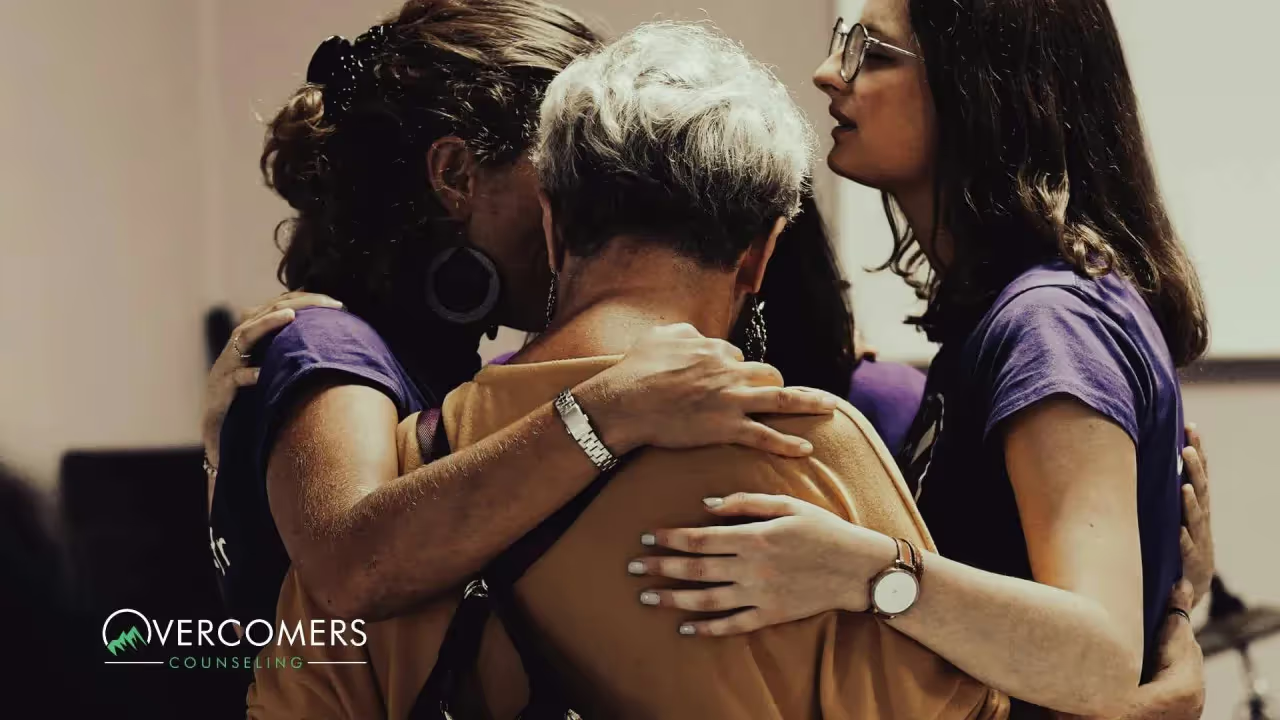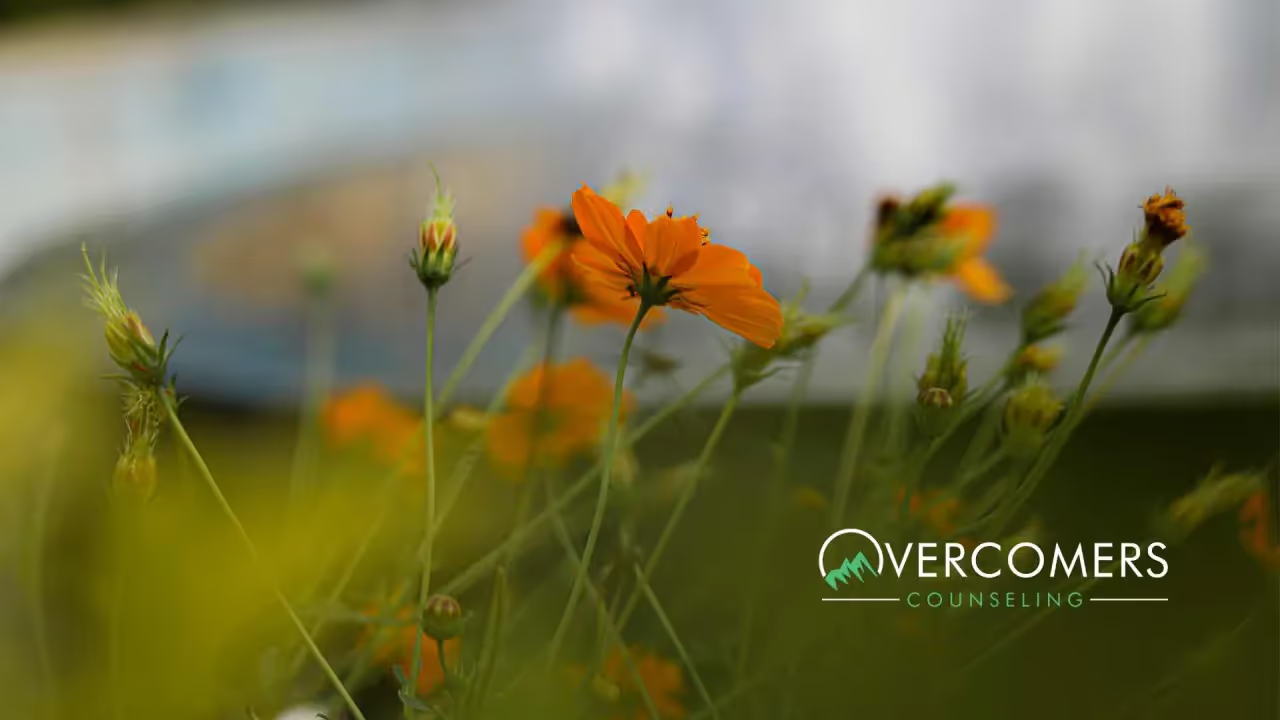IntroductionLosing a loved one can leave an indescribable void, making everyday tasks feel overwhelming. Comfort from friends and family, while...

Losing a loved one can leave an indescribable void, making everyday tasks feel overwhelming. Comfort from friends and family, while well-meaning, often isn't enough to address the deep pain. In Aurora, Colorado, grief support groups offer a haven for those grappling with loss. These groups provide a safe space where people can share their stories and emotions with others who truly understand. Through compassionate conversations and shared experiences, participants find a sense of community and begin the journey toward healing together.
HeartLight Center, based in Aurora, Colorado, offers a broad range of services designed to support individuals through their grieving process. The center provides structured support groups such as "Facing the Mourning," "New Beginnings," and "Legacies of Loss," which create a safe and understanding environment for sharing experiences. They also offer special grief workshops, available both virtually and in-person across Colorado and New Mexico. These programs are facilitated by trained professionals who ensure a compassionate setting where participants can connect with others facing similar challenges. In addition to these group sessions, HeartLight Center provides valuable educational resources for both grievers and professionals.
Their offerings include the HeartLight Blog, various grief workbooks, and the "Heart to Heart" resource. Furthermore, the center conducts training programs for professionals to enhance their ability to support grieving clients. For more details, visit HeartLight Center.
The Richard Lambert Foundation (RLF) Grief and Healing Center, located in Brighton, Colorado, is dedicated to providing compassionate support to families dealing with the loss of a loved one. Named in honor of their late son, Richard Lambert, the foundation understands the deep impact of grief and offers a variety of programs to help individuals and families find their way through this challenging time. RLF's services include in-person and virtual support, emphasizing that grief, though exhausting and overwhelming, can lead to positive transformation. RLF also engages the community through events such as the "Tee Up For Hope Golf Tournament" and the "Hope Floats Water Lantern Festival," encouraging communal support and involvement. The foundation operates with the help of generous donations from individuals, local businesses, and community partners, ensuring that its mission of providing grief care continues to impact many lives. Although RLF does not offer emergency crisis intervention, they guide those in need to appropriate resources such as the Suicide & Crisis Lifeline. For more information, visit Richard Lambert Foundation.
Overcomers Counseling, based in Colorado Springs, offers specialized grief and loss counseling to help individuals cope with the profound emotional impact of losing a loved one. Their experienced therapists provide a safe and empathetic environment where clients can express their feelings and work through their grief. The counseling sessions are designed to address various aspects of grief, from the initial shock and denial to long-term adjustment and acceptance. This holistic approach ensures that each person receives personalized care suited to their unique experiences and emotions. In addition to one-on-one counseling, Overcomers Counseling provides additional resources such as articles and group therapy options to support individuals outside of sessions. Their comprehensive services aim to help clients rebuild their lives and find a new sense of normalcy after a loss. For more information, visit Overcomers Counseling.
Meetup.com offers a variety of grief support groups in Aurora, Colorado, designed to help individuals connect with others who are experiencing similar losses. These groups provide a supportive environment where participants can share their feelings, discuss coping strategies, and find solace among peers. Whether you're dealing with the loss of a loved one, a significant life change, or any other form of grief, these gatherings offer a space for mutual support and understanding. Groups on Meetup.com are organized by compassionate facilitators who often have personal experience with grief and loss. For more information on available groups, visit Meetup - Aurora Grief Support.

Dealing with loss is a deeply personal experience, and finding effective coping strategies can make a significant difference in managing day-to-day grief. One practical approach is to establish a daily routine that includes physical activity. Exercise, whether it's a brisk walk, yoga, or even gardening, helps release endorphins, which can improve mood and reduce stress. Engaging in regular physical activity also serves as a healthy distraction from overwhelming emotions. Another valuable technique is to maintain connections with friends and family. Social support is crucial, and talking with loved ones about your feelings can provide comfort and validation. If direct conversations feel too daunting, writing letters or keeping a journal can be an excellent way to express emotions. Creative outlets such as painting, music, or crafting can serve as therapeutic activities, offering a way to channel grief into something tangible and meaningful. Seeking professional help through counseling or support groups can also provide structured guidance and shared experiences, helping individuals realize they are not alone in their grief journey.
Helping children understand and cope with the death of a loved one requires a compassionate and straightforward approach. It's important to use clear, age-appropriate language when explaining what has happened. Avoid euphemisms that might confuse them, such as saying someone has "gone to sleep" or "passed away." Instead, gently explain that the person has died and will not be coming back. Encouraging children to express their feelings is also essential. Let them know that it's okay to feel sad, angry, or even guilty, and reassure them that these emotions are normal. Creating a safe space for them to ask questions and share memories can be very healing. Activities like drawing, writing stories, or looking at photo albums together can help them process their grief. Maintaining routines and providing extra comfort through hugs and attention can offer stability during this uncertain time.
Grief support groups in Aurora, Colorado, offer a valuable resource for individuals seeking connection and understanding during times of loss. These groups provide a safe and supportive environment where people can share their experiences and emotions without judgment. Facilitated by compassionate leaders, the meetings encourage open dialogue and mutual support, helping attendees feel less isolated in their grief.